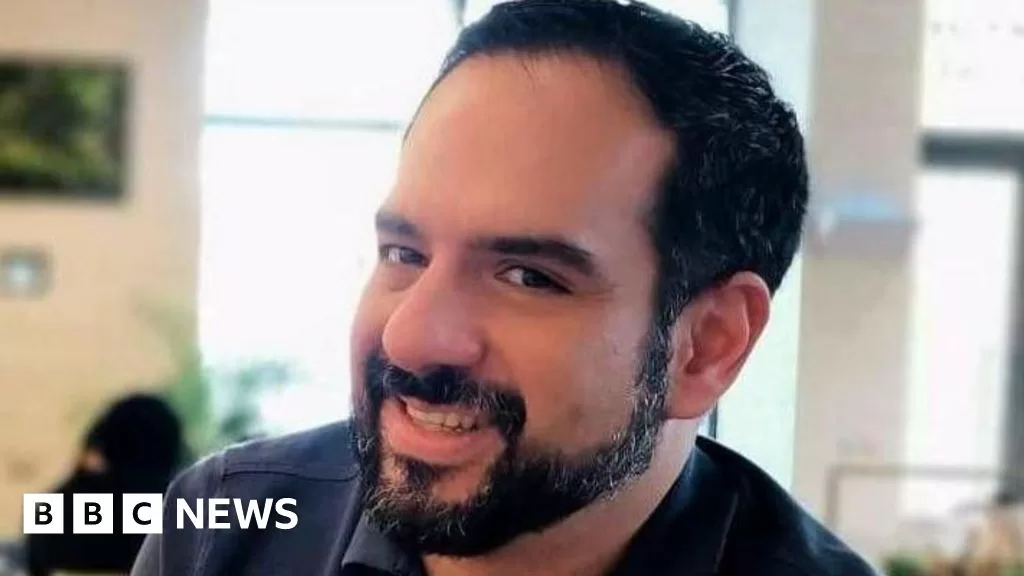A British-Mexican man convicted of drug charges in Qatar has appealed against the verdict, saying the trial was unfair and that he was targeted because of his sexuality.
Manuel Guerrero Aviña said he “was convicted because I am gay and that is a breach of my human rights”.
The 44-year-old airline manager was arrested in February in a police sting through the gay dating app Grindr. His family says a small quantity of drugs were planted on him at the time.
He was given a six-month suspended sentence last month. Qatar has previously insisted Mr Guerrero Aviña’s case was solely about possession of drugs.
In a statement released after lodging his appeal, he described the verdict as unfair and said: “I was convicted on the basis of an unjust trial, after facing torture and ill-treatment during my preliminary detention, and am appealing on that basis.”
He added: “I urge the Qatari authorities to review my case and address the violations of due process, including torture to try to force me to name sexual partners, forced fingerprint signatures on Arabic documents, denial of legal and translation rights, and inhumane detention conditions for 44 days.”
He called on the UK and Mexican governments to raise concerns with Qatari authorities about “these injustices”.
Mr Guerrero Aviña’s family previously told the BBC that he was approached by a man on Grindr and in February arranged to meet the man at his apartment in Doha.
However, when he went down to the lobby to meet the man, he was arrested by Qatari police officers – despite having no prior trouble with the authorities, they said.
His brother has claimed that Mr Guerrero Aviña did not use drugs and that methamphetamine was planted on him – which he was then “pressured” into accepting was his.
A Qatari official has previously insisted that his arrest was on the basis of possession of illegal substances and that “no other factors were taken into account”.
They said Mr Guerrero Aviña had been treated with dignity and respect, and that a drug test had confirmed the presence of drugs in his system at the time of his arrest.
But Amnesty International last month described his treatment in custody and unfair trial as “utterly horrific”.
It urged the Qatari authorities to overturn his conviction and end “the discrimination and persecution of people based on their sexual orientation.”
Homosexuality is illegal in Qatar, with punishments including fines and prison sentences.
James Lynch, co-director of human rights organisation FairSquare, is a former UK diplomat in Qatar.
He said: “Manuel is determined to prove his innocence and we just have to hope that the Qatari appeal court takes a long hard look at all the deep flaws with the way his case was handled, from the start when he was targeted in a Grindr sting to the way he was denied his HIV medication in prison, to pressure him to put his thumb to a so-called confession.”
The BBC has not been able to independently verify all of the claims made by Mr Guerrero Aviña and his family – although previous reports suggest others have had similar experiences with the Qatari authorities.
